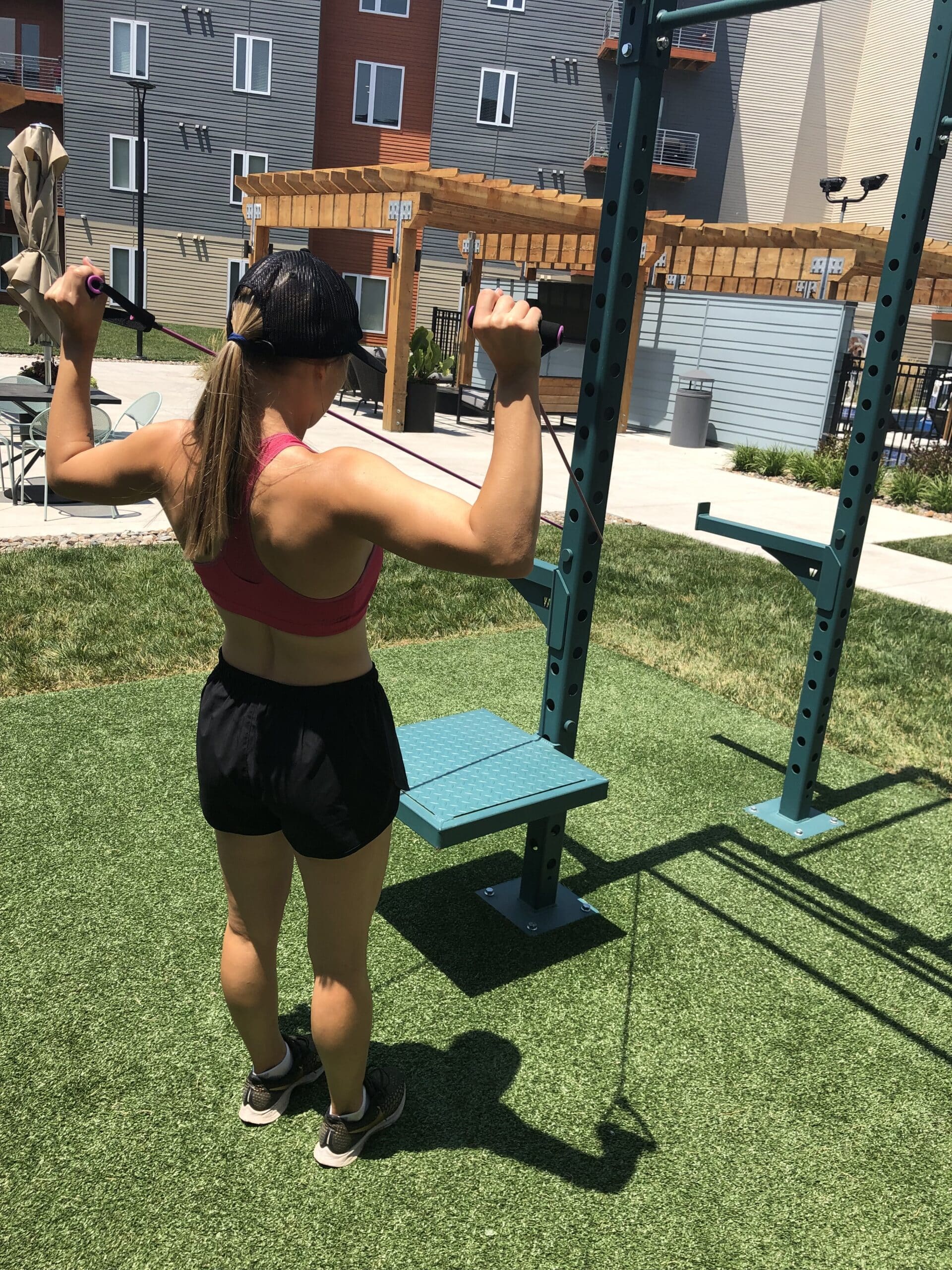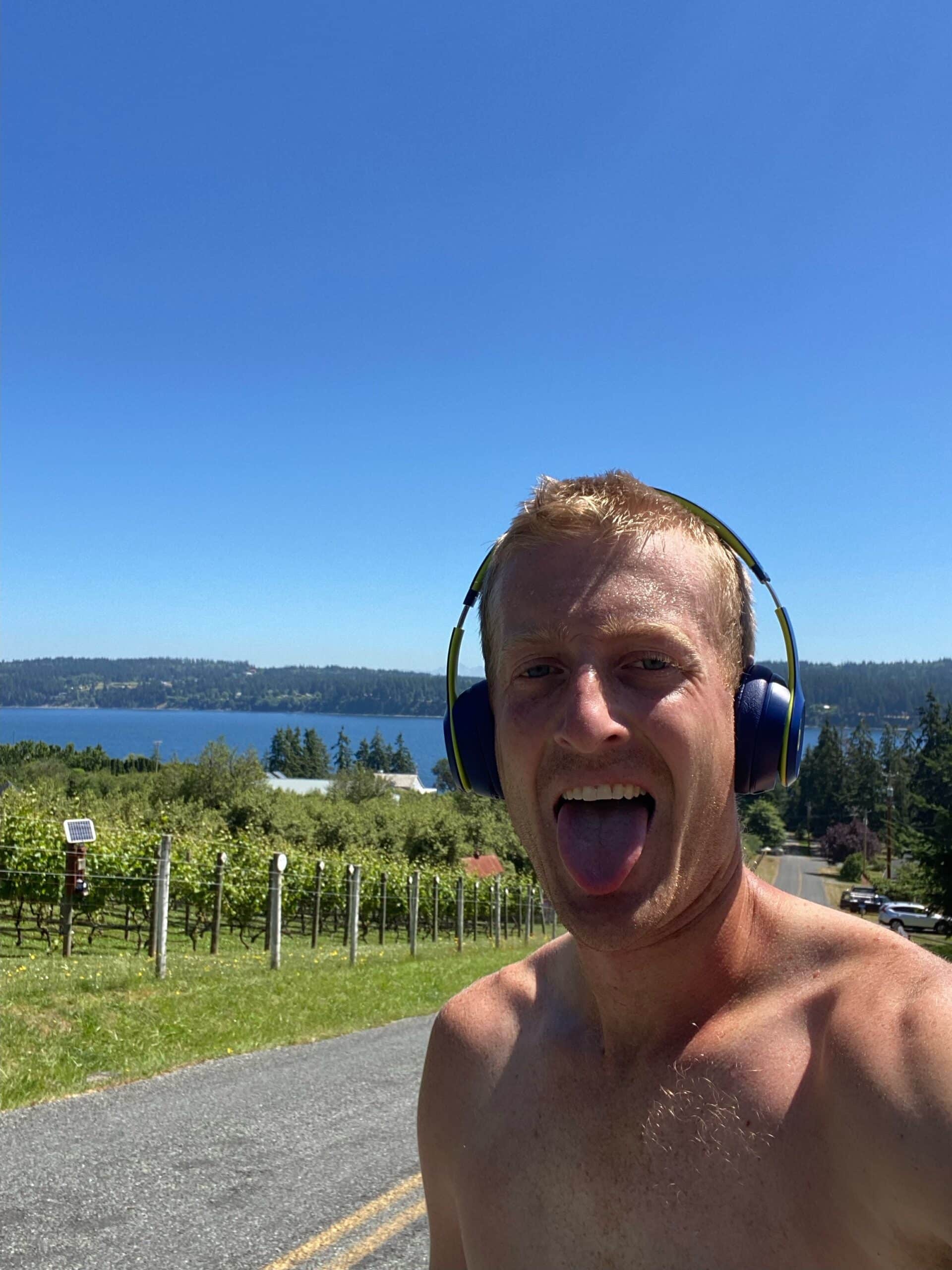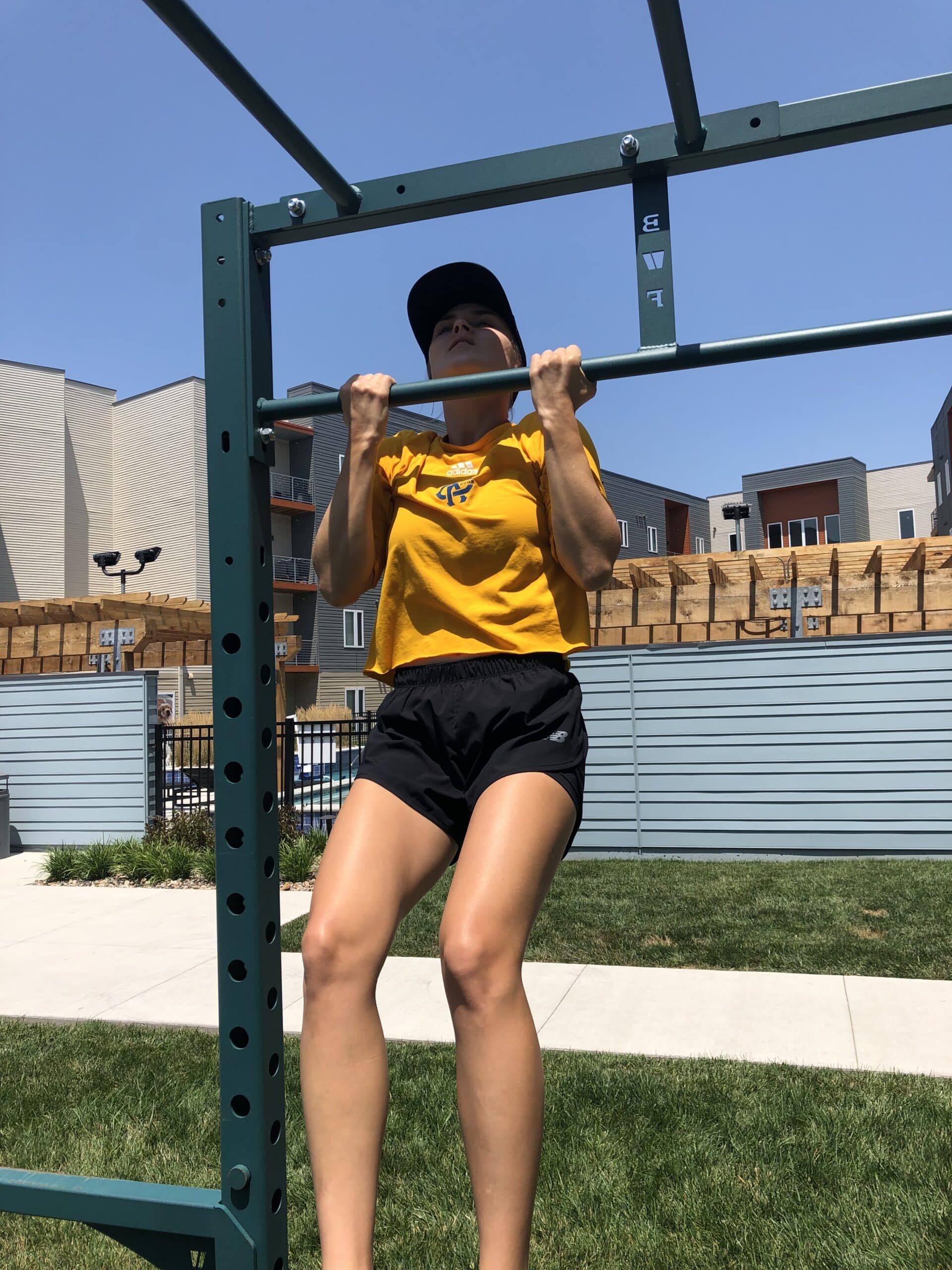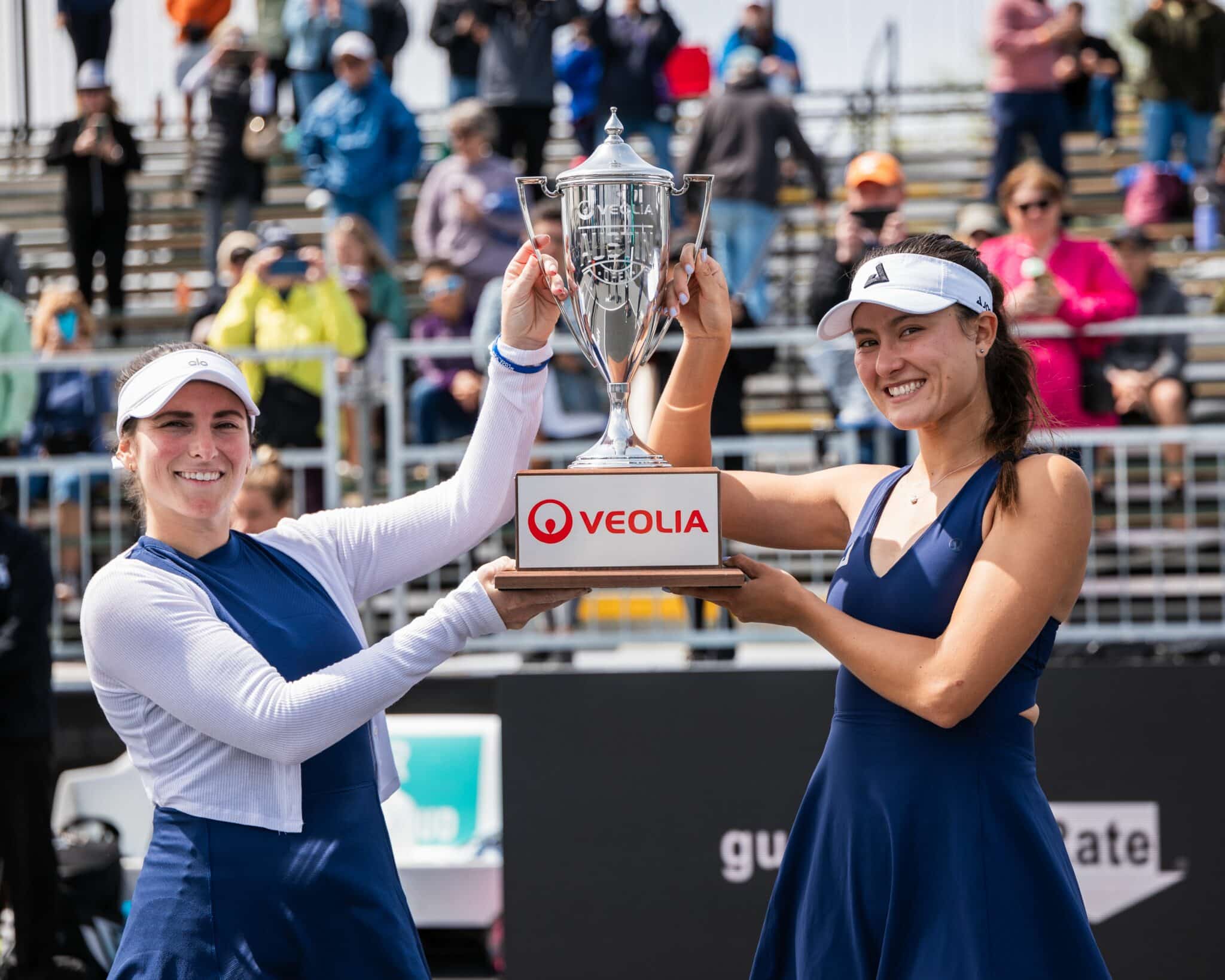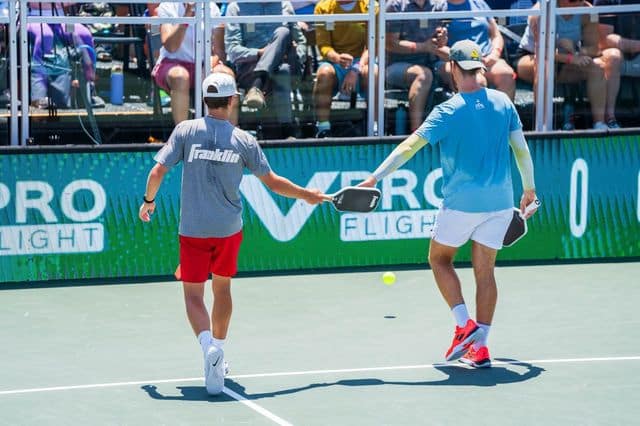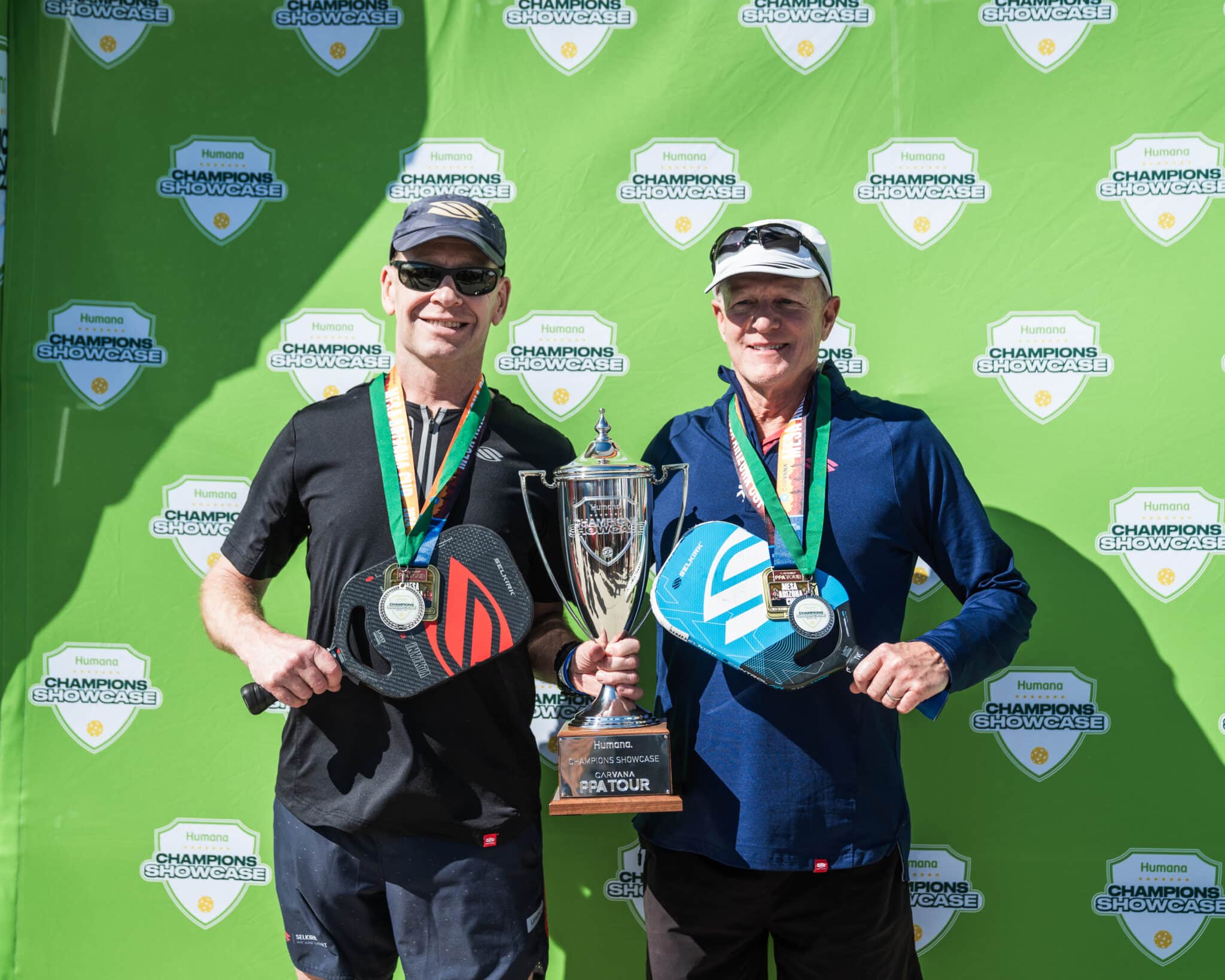No Days Off on the Pro Circuit
| July 11, 2023
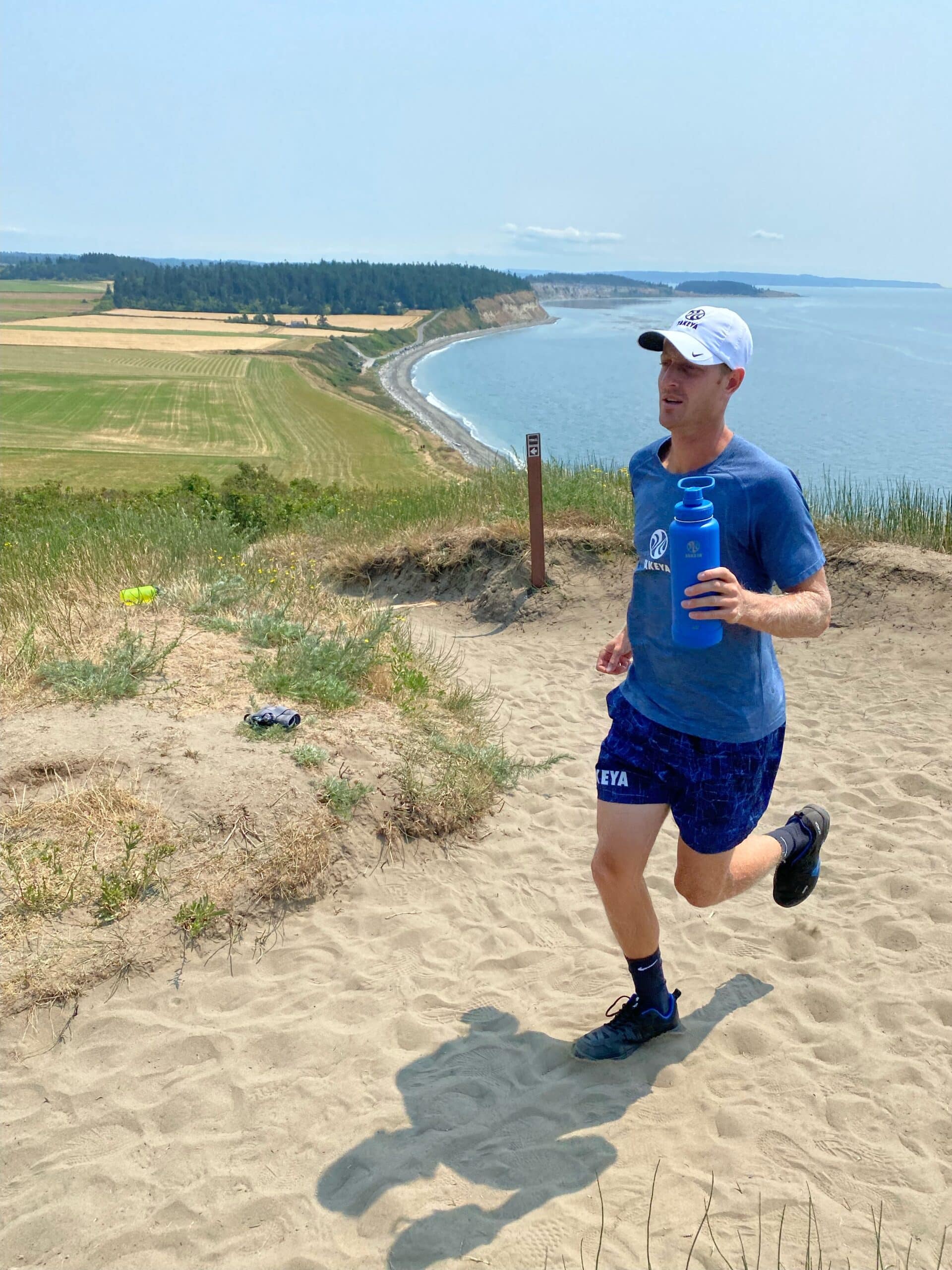
Pickleball has always come easy to Riley Newman, but the landscape of competition is changing.
Sure, Newman, who is one of the best pros to play the sport, would call himself a pickleball veteran already at the advanced age of 29, thanks to years of experience competing in the sport, but things sure have changed at the pro level.
Previous years, Newman might roll out of bed, show up at a tournament, glance at the bracket, and know exactly what he was about to get into and what the day would hold.
Now? Not so much.
“In 2018, when I started in tournaments and really got involved, if I was in a draw and I faced someone I hadn’t heard of, it was always a piece of cake,” Newman said. “If I recognized the name, I might plan my strategy more carefully, but if the name was unfamiliar, I knew it was going to be an easy match.
“Now, it’s only a few years later, and if I see a name I don’t know, I’m wondering if it’s an ex-tennis player, someone with a pro background in tennis, or someone who could go out there and beat me. I have to walk out on the court ready, mentally and physically, knowing it could be a tough test. I don’t want to get embarrassed, because there are no easy matches anymore.”
Pro pickleball tournaments have swept the nation since the PPA formed its pro circuit back in 2018 and are a relatively new phenomenon. Even newer is the concept of getting in the best possible shape for pro competition. Things are changing as players get younger, fitter, better prepared, and more pickleball-specific with their training. The sport is not so simple anymore, as more and more players are ditching their “off-season” jobs and turning pickleball into a full-time career.
“Now that it’s full-time for me, I can take it more seriously,” Newman said. “I don’t teach or run clinics nearly as often anymore. I have to dedicate my body to the craft.”
As Newman and others on tour have begun to devote a whole new level of attention and athletic preparation to their sport, it’s become clear that there is truly no off-season in pickleball anymore. Sure, the PPA Tour has an 8-week (ish) break in June and July, but just because there are no tournaments doesn’t mean the grind isn’t for real.
That grind means different things to different players. For Touring Pro, Yana Grechkina, it obviously means playing lots of pickleball – drilling, practicing, playing rec games outside of tournaments, but it also means time for self-care.
“I’m trying to use that time to recover mentally and emotionally,” said Grechkina, who is a native of Russia. “Because of everything that’s happened in the world recently, I’ve been apart from my family and home country for three years. It’s been affecting my mental health since I’ve lost three family members in that time frame. During the off-season, I’ve been incorporating some less traditional activities into my schedule that help me stay “emotionally fit.”
“I cook and bake, paint and read books, go on walks, spend time with my friends, and attend different local Kansas City events.”
For Newman, now that he’s turned into a full-time professional athlete, that time away from the court is valuable. Especially when his eyes are shut.
“My family laughs about it, but sleep is the No. 1 priority for me,” Newman said. “I try to get 10 hours every night, whether it’s at a tournament or wherever. It’s all so I can recover and make sure I’m fresh. If you don’t get the proper sleep that’s adequate for your body and mind, recovery and readiness don’t always come together the following day in the way they should.”
OK, Riley. We get it. You need your beauty sleep. But what else does it take to make sure your body is ready to go when it comes time to serve up that first ball?
“Conditioning hasn’t changed, but recovery has,” Newman said. “I’m 29 and the bounce back isn’t the same as it used to be. I spend a lot more time on massages, paying attention to proper daily hydration, and just overall making sure that my body is ready to rock and roll at the tournaments.”
As far as conditioning goes, many of today’s pickleball tour players are former tennis players, so there’s a lot of natural crossover between the two sports. Pickleball specific training is often similar, but there are benefits to doing more than just what works for tennis.
“Sprints on the beach, squats, exercises for the core, upper body, and abs,” Newman said. “The main thing is giving fitness and training a lot more of my time than ever before, so I can stay ahead of the competition. If I’m not playing in a tournament, I’m trying to get better at everything else.”
That’s what Grechkina is working toward also.
“For conditioning, I do sprints and any other exercises that require speed and fast change of directions,” she said. “I am a huge fan of cross training because it’s fun but also super effective. During the off-season, I play more tennis, a little bit of soccer, and other fun, active sports like volleyball and disc golf.”
The whole point of all this is to place yourself in the best position to win once “0-0-2” is called. Pickleball is not just a hobby anymore – it’s a career and a lifestyle.
Newman seconds the use of cross-training. “I’m shooting hoops, I’m playing sand volleyball, and yeah it’s tough on the knees, but I’m always trying to win,” Newman said. “I’m too competitive.”
